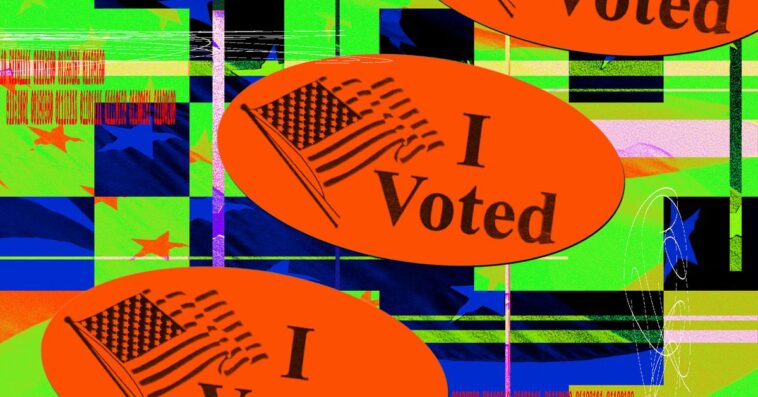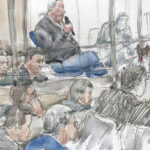CENSORSHIP ACCUSATIONS LOOM OVER BIG TECH HEARING ON ELECTION THREATS
TOP POLICY EXECUTIVES from Meta, Microsoft, and Google testified before the Senate Intelligence Committee on Wednesday, October 12, 2024, about their efforts to protect US voters from foreign election threats. The elephant in the room was the pressure campaign faced by social media companies, notably Meta, from the right to take a more hands-off approach when it comes to labeling or demoting misinformation, as reported by The Verge.
FOREIGN INFLUENCE AND DOMESTIC CONCERNS
With 48 days until the US presidential election on November 29, 2024, Committee Chair Mark Warner (D-VA) emphasized the bipartisan interest in preserving election integrity. Warner underscored the threat posed by foreign malicious activity, not domestic, in an attempt to find common ground. He highlighted bipartisan funding for election-related upgrades and AI deepfake laws that have passed in red and blue states alike.
Vice Chair Marco Rubio (R-FL) raised concerns about foreign influence online, noting that foreign agents often amplify preexisting American views, even if they are fringe. Rubio pointed to the lab leak theory as an example, a minority hypothesis about the origins of covid-19 that gained traction over time.
TECH GIANTS UNDER SCRUTINY
The Supreme Court case, Murthy v. Missouri, raised questions about government coercion and pressure on tech platforms to remove or demote content. The court’s decision cleared the path for the government to communicate with tech companies about misinformation and election threats, ultimately improving communication between the two parties.
TECH EXECUTIVES’ RESPONSES
During the hearing, tech executives treaded carefully, mindful of the political implications of their actions. Microsoft president Brad Smith emphasized the importance of preserving free expression while defending the public from deceptive tactics used by foreign nation-states. Meta president of global affairs Nick Clegg acknowledged the need to act independently in response to government pressure. Google president of global affairs Kent Walker highlighted the company’s decision to keep a controversial New York Post story about Hunter Biden’s laptop up after an independent investigation.
FUTURE CHALLENGES AHEAD
Executives and lawmakers anticipated challenges leading up to the election, with the days before and after proving to be crucial in testing foreign influence protections. Warner expressed concerns about the visibility of corporate trust and safety teams, especially in light of reported layoffs that impacted them. The vulnerability of the election period remains a point of focus, particularly in the event of a close election outcome.



